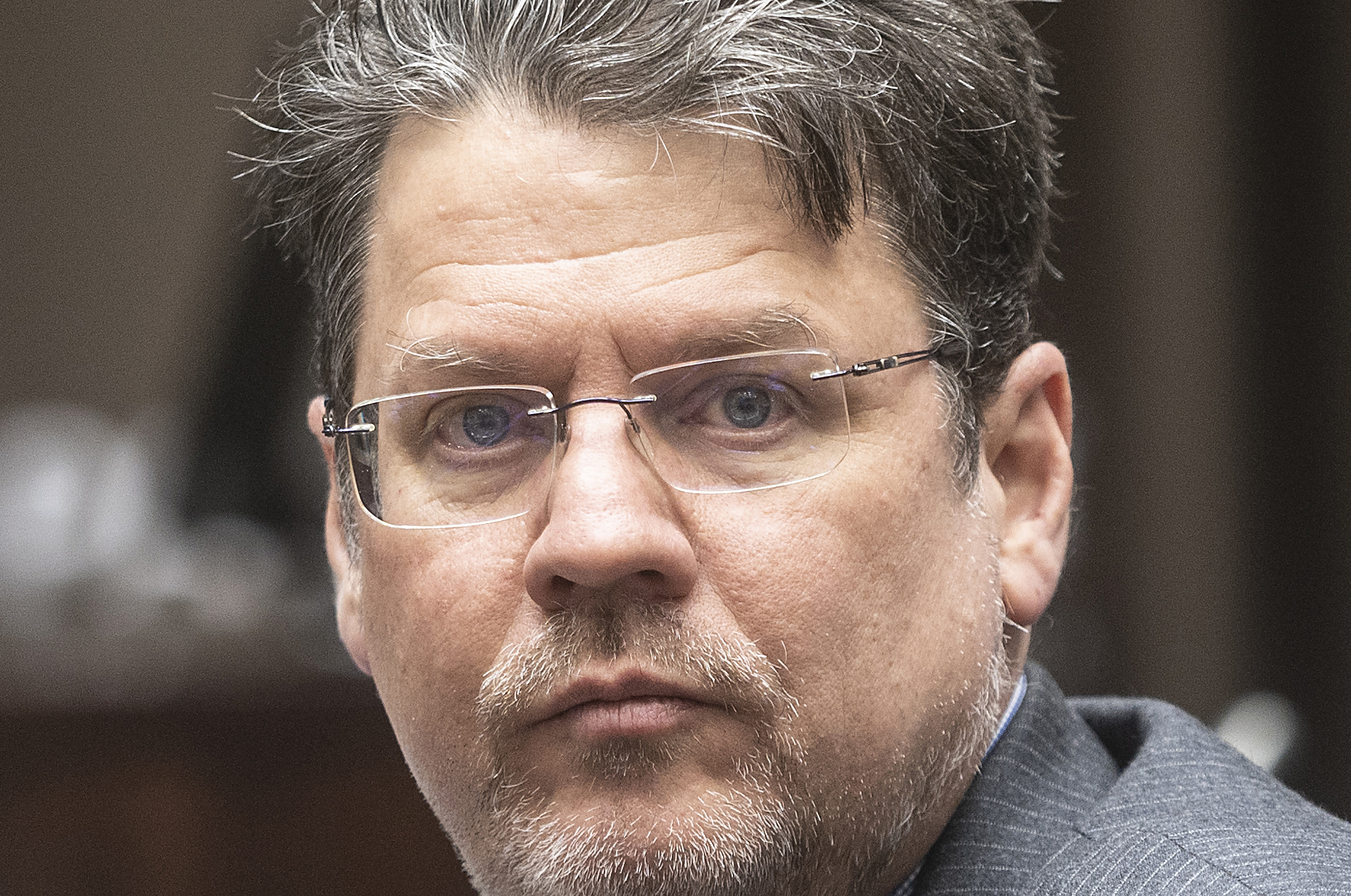Deputy Minister of Justice and Constitutional Development Andries Nel says South Africa must tackle the causes of crime and build effective law enforcement to deal with escalating crime and corruption in the country
“We need to be tough on both as what brings us together this afternoon are the cries of South Africa regarding crime and their right to be safe and feel safe,” he said, speaking at a media briefing on the review of the criminal justice system held at the the government communications headquarters in Hatfield, Pretoria, on Thursday, 20 February 2025.
The briefing is a response to growing concern over the transformation of the criminal justice system, a process that started as far back as 2008, when a co-ordinating committee was set up to oversee the review process.
While there have been several reforms, challenges persist, including systemic inefficiencies, resource constraints and public perceptions of the justice system’s effectiveness.
Reiterating some sentiments shared by the public, Nel laid out the conflicting views about the criminal justice system. He said some people believe that South Africa’s criminal justice system is oppressive, untransformed and based on apartheid and does not reflect the values and rights enshrined in the Constitution. He added that others feel the Constitution goes overboard and that criminals have more rights than law-abiding citizens, especially victims of crime.
He said some argue that police use too much force when making arrests but then others believe police are too soft and not given enough power especially when they have to apply force.
There are complaints that South Africa’s jails are too full because many of the prisoners awaiting trial can’t afford bail, while it is also argued that bail allows suspects to get off easily.
Some believe correctional services cells are five-star hotels where criminals are treated like royalty while victims go hungry, but others feel the same cells are crowded and no real habilitation can take place.
“The views are divergent. However, what everyone has agreed on is that things can’t stay the same, they must change and in some cases fundamentally so,” Nel said.
He underscored the urgency in transforming the country’s criminal justice system, including the Criminal Procedure Act, to be more effective and efficient, integrated, victim-centred and in keeping with the Constitution.
However, Nel said this is not an easy task and needs to be done with “evidence-based and well-informed dialogues to find the solutions”.
Colette Ashton, a civil society lawyer specialising in anti-corruption and integrity with the Institute for Security Studies, told the briefing that the reforms should explore alternative solutions to non-trial corruption cases, such as allowing companies and individuals to avoid prosecution by agreeing to fines or compliance measures. Other countries such as the US , France and Kenya are already exploring this.
“The South African Law Commission [SALC] is considering all types of non-trial resolutions for South Africa. It has made firm recommendations that non-trial resolutions be used for corporate corruption cases and is considering whether the law should provide for some non-trial resolutions for some individual cases as it does in other countries.”
The SALC has not decided whether non-trial resolutions should be used for individuals and is asking for engagements on this particularly, she said.
Bigger fish to fry?
Commenting on the review, Stefanie Fick, executive director of the accountability division at Organisation Undoing Tax Abuse (Outa), questioned the enormously high crime rate in South Africa.
“We have a problem in the criminal justice system in the sense that we just do not see successful prosecution in a number of ways. For instance in State Capture how many executives were implicated and successfully prosecuted? I am thinking of the Babita Deokoran matter: while the executors of the crime have been sentenced, the masterminds remain at large and so are the many others implicated in corruption she helped uncover. I am not sure that reforming the Criminal Procedure Act is necessarily where we need to start.
Read more: Babita Deokaran killing: renewed calls made to track down the murder masterminds
“The review is probably a good idea … and there is going to be public comment and different experts to share their insights. And I’m sure it will work to some degree, but I am really questioning do we not have bigger fish to fry? Where is the problem? Is it the system or are we facing another problem? Things should be resolved at the core of the issue,” Fick said. DM





